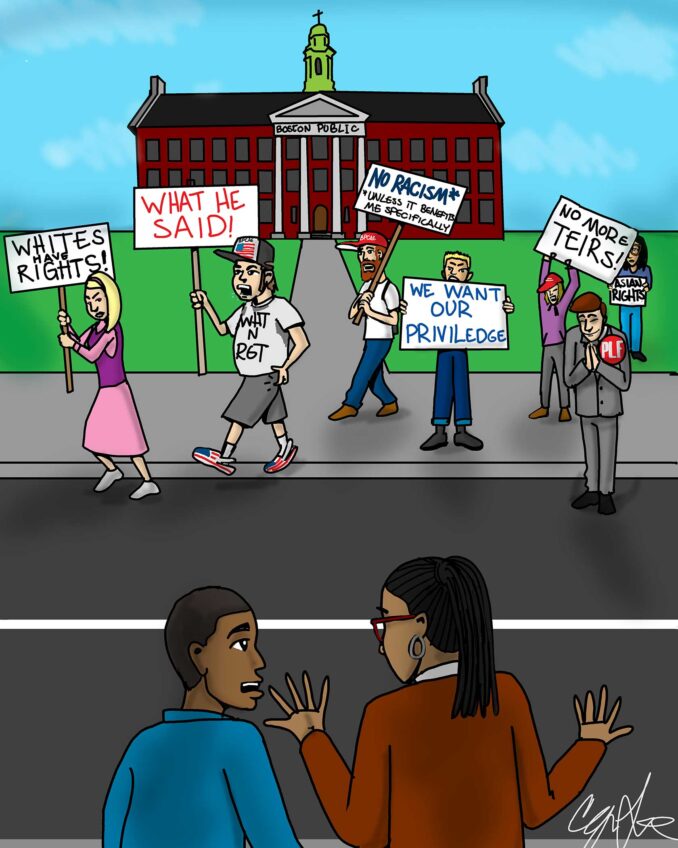
American citizens usually protest vehemently against any conduct that they believe curtails their civil rights granted by the U.S. Constitution. But strangely enough, the people seem to be willing to surrender passively the Fourth Amendment rights to be secure in one’s person. There has been no protest against the invasion of individual privacy by digital technology.
The protections provided by the Fourth Amendment are extensive. It states that “The right of the people to be secure in their persons, houses, papers, and effects, against unreasonable searches and seizures, shall not be violated…” It might come as a surprise to some Americans that as recently as 50 years ago, the police could not stop and frisk an individual without a warrant for his or her arrest.
Indeed the police did not always abide by that rule, but any evidence so obtained without a warrant was not easily admitted in a trial. In the case of Terry vs. Ohio, the U.S. Supreme Court decided to abridge the individual’s Fourth Amendment right by enabling the police to frisk an individual when the officer believed the person might be armed and about to commit a crime.
A warrant is still required to search someone’s home or office or to tap a telephone line. In fact it is a punishable crime to record a telephone conversation without permission. However, it was never considered a Fourth Amendment violation for the U.S. Post Office to establish a postal cover on an individual’s mail. The only information that would be legally obtained was openly on the envelope: the return address of the sender, the date it was mailed and the post office that processed the mail.
Edward Snowden, a former contractual employee of the National Security Agency (NSA) revealed that the NSA was copying the addresses of emails sent to U.S. residents on a security list and storing them without reading the contents. In 2013, this was considered to be a violation of privacy even though commercial digital companies such as Google collected much more personal information from electronic surveillance in order to establish valuable marketing profiles.
Owners of cell phones and other devices enjoy their great utility, but they pay for the service, receive no compensation for being part of the marketing data and have granted the invasion of their privacy by executing an agreement which the average individual will not understand. The owners of Facebook, Google and other digital devices insist that the arrangement is justified because of the electronic conveniences that they provide.
However, there is a different attitude in Europe. The failure of Facebook to monitor their ads to prohibit fraudulent Russian bots has incited more regulation from the government. In the U.S. the Russian efforts to disrupt the 2016 presidential election results has created a more restrictive attitude.
Newspapers have always been legally responsible for the stories and advertisements they publish. Stories that were false could subject the publisher to defamation suits. Inaccurate and improper advertisements could also generate legal action. There is no reason for those messages to be protected from legal review because they are delivered digitally.
Americans have been swept up with the excitement and the novelty of the new technology. Now is time to reconsider the issue to determine whether the people unfairly lose their constitutional protections.






